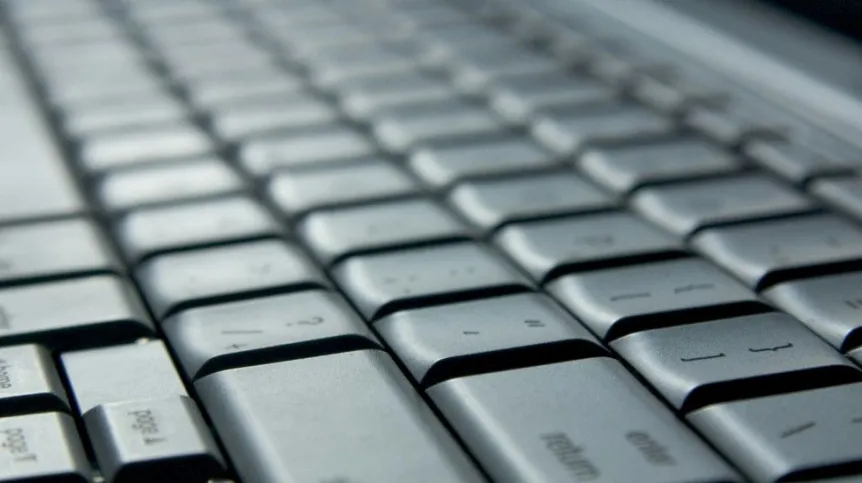
Researchers from the Warsaw University of Technology working in the DISSIMILAR project develop algorithms that will help block the spread of fake news. They plan to use watermarking, machine learning and computer forensics.
The Faculty of Electronics and Information Technology of the Warsaw University of Technology (WEiTI) informs about the project in a release.
Social media have become the leading source of information around the world. It is estimated that over 4.2 billion people use online communication platforms today, the most popular being YouTube, Facebook and Twitter. Unfortunately, despite many benefits that bring, social media do not have built-in tools to verify the truthfulness of the information provided. Thus, public opinion is often shaped by false information. This increasingly includes deliberate action that constituting a part of a hybrid war.
'Disinformation is a special type of threat, because it directly affects the public opinion, shaping a specific attitude towards sensitive events and issues such as energy prices, the annexation of Crimea, the war in Ukraine, etc. Strategic generation of fake news has become an extremely effective tool for influencing or even manipulating the public, and thus the political processes. Democratic systems are particularly vulnerable to this type of action. Hence the need to counter this threat', emphasises Dr. Anna Visvizi, a professor at the Warsaw School of Economics, head of the International Political Economy Department and member of the DISSIMILAR project team.
As part of this international project, scientists are build algorithms that use artificial intelligence to stop the flood of fake news.
'We currently (...) focus on social issues that allow us to better understand the mechanisms of creating and spreading false information. In the next phase of the project, we will present the methods to counteract the spread of fake news based on the latest AI techniques', explains Visvizi, quoted in the press release.
Researchers from the Faculty of Electronics and Information Technology of the Warsaw University of Technology work on IT tools, which after adding data from international social research, will constitute the core of new software combating disinformation on social media.
'We are in the process of developing a virtual platform that will be used to test the watermarking, machine learning and computer forensics mechanisms - the methods we will use to fight fake news. On this basis, we will build an effective tool that will allow to automatically isolate false information and block its spread', emphasizes Professor Wojciech Mazurczyk from the WEiTI Institute of Computer Science, leader of the Polish team in the DISSIMILAR project.
The project results will not only apply to the fight against disinformation on social media, they can also be used as a tool for protecting the authors of published content. Digital marking, embedding invisible and inaudible watermarks in protected content, the removal of which is immediately noticeable, will give the creators an effective copyright protection tool.
DISSIMILAR (Detection of Fake News on Social Media Platforms) is implemented by three universities: Okayama University (Japan), Fundació Per a La Universitat Oberta de Catalunya (Spain) and Warsaw University of Technology (Poland). (PAP)
ekr/ agt/ kap/
tr. RL













